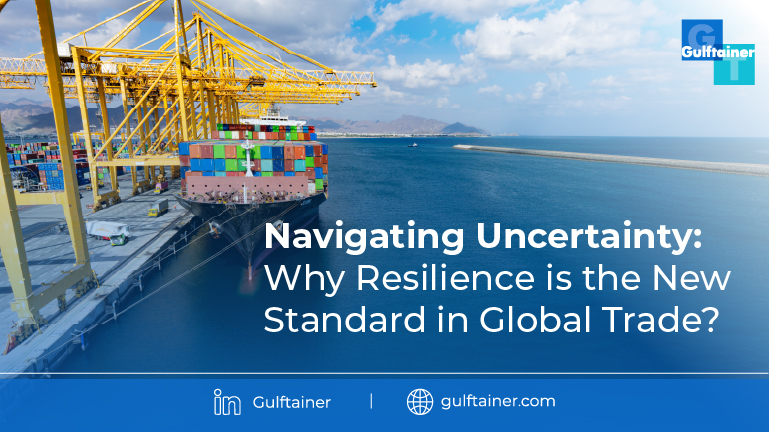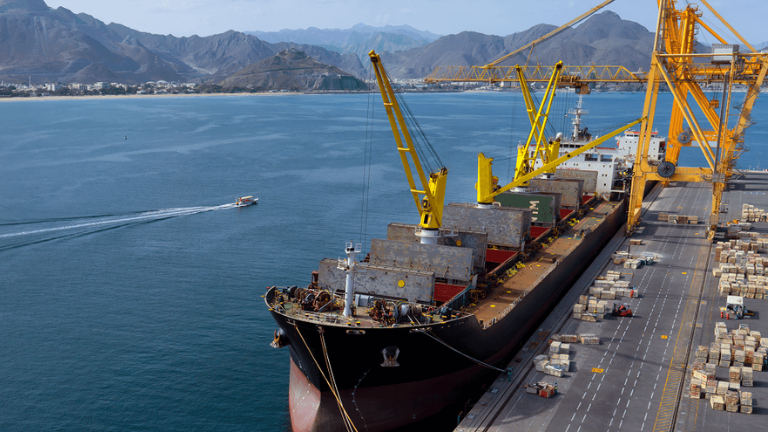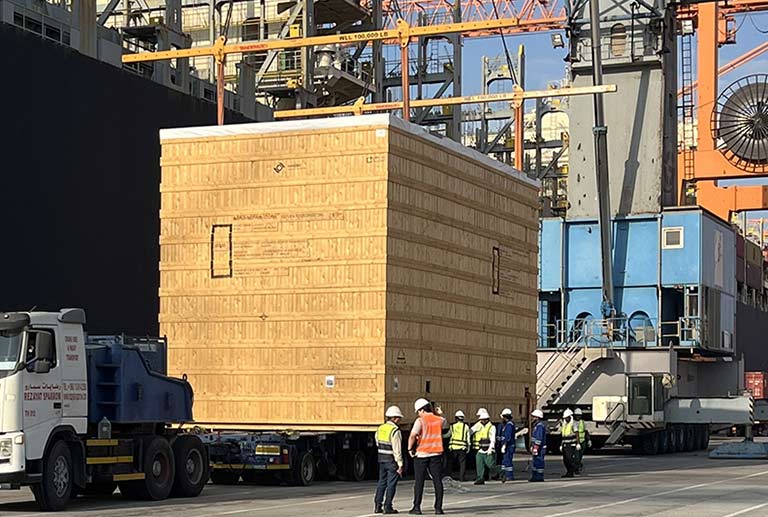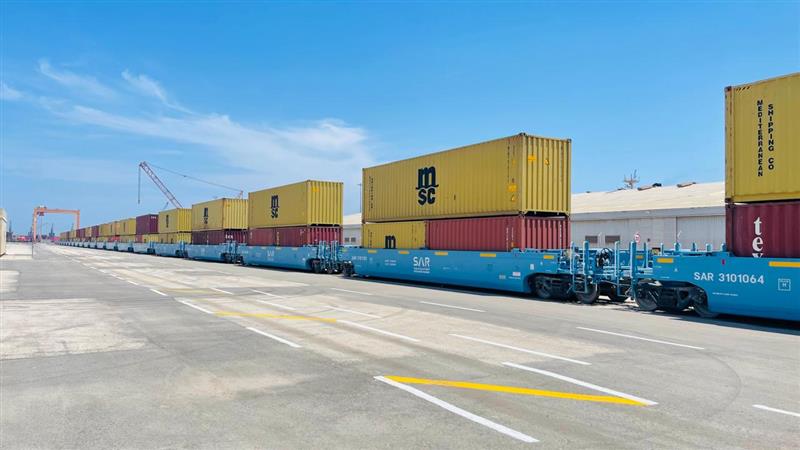In today’s fast-paced and fragmented global trade and logistics landscape, the supply chain industry finds itself at a defining crossroads. Resilience is no longer a reactive term, but the ‘new standard’. During last few years, geopolitical turbulence, energy bottlenecks, natural disasters and vulnerable chokepoints are not the exception, they are the norm.
Nowhere is this more evident than in the Strait of Hormuz, one of the most strategically sensitive and operationally risky arteries in the global shipping ecosystem. More than just a waterway, it is a geopolitical flashpoint through which nearly 20% of the world’s oil and LNG flows daily. The Strait also handles over 33 million TEUs annually, contributing ~4% to global container volume. With shipping lanes just three kilometres wide in each direction, even the hint of tension in the region can trigger global freight volatility. It is a sobering reminder: we can no longer afford to rely so heavily on a single chokepoint.
At Gulftainer, we anticipated this reality before it became headline news. That foresight shaped the development of the Khorfakkan Container Terminal (KCT), a natural deepwater port not only engineered for operational efficiency but planned with strategic vision. Situated entirely outside the Strait of Hormuz, KCT offers uninterrupted access to East–West and North–South trade lanes. Ships bypassing the Strait gain back twelve hours of sailing time, reducing fuel burn and carbon emissions. For many routes, it means goods arrive a full day earlier at port, and four to five days earlier at final destination. These are not marginal gains, they are strategic advantages, translating to 10–12% savings in carrier network costs.
KCT offers a multimodal land-bridge that connects seamlessly to inland markets across the UAE and wider Gulf, through Gulftainer’s subsidiary Momentum Logistics. With upcoming links to Etihad Rail and the future GCC rail network, we will also add rail link to our current offer of an integrated supply chain solution connecting air, land and sea. If access through the Strait of Hormuz is ever compromised, KCT remains a dependable natural deepwater gateway, keeping trade flowing, timelines intact, and costs in check.
As the global trade landscape continues to evolve, at Gulftainer our commitment remains steadfast, to partner in the progress of global trade. To lead with agility, operate with foresight, and offer unshakable reliability in an increasingly unpredictable world.
Farid Belbouab, Group CEO, Gulftainer





